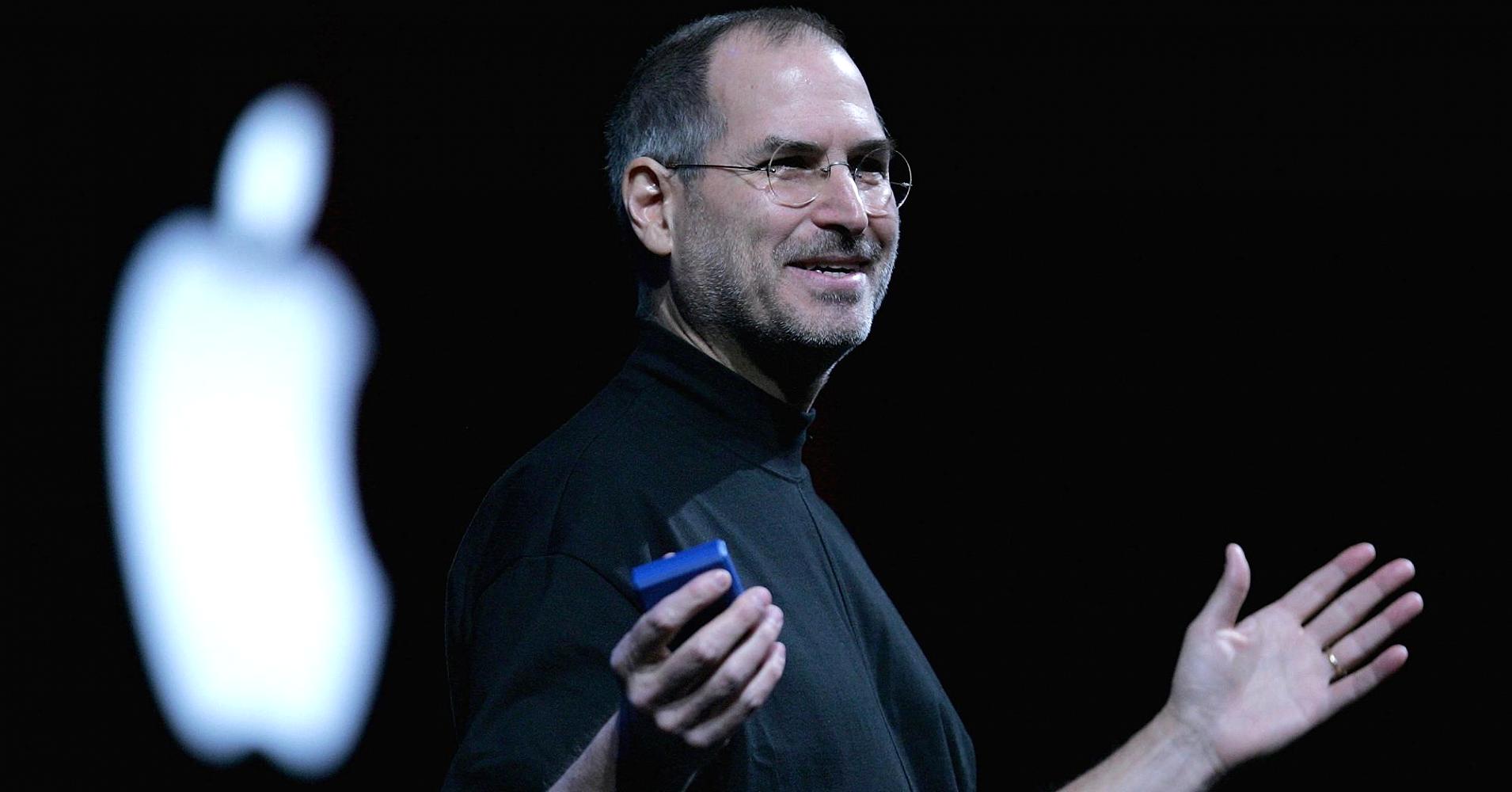EVERYONE WANTS TO BE APPLE. NO ONE IS WILLING TO BE STEVE JOBS...
Video is more accessible than ever before. This has made the distribution environment a little... convoluted. This turmoil represents a fantastic opportunity for brands to make decisive moves to win fame and brand loyalty among a potentially global audience with an expertly crafted content production strategy. To do that, to borrow a phrase, you have to ‘think different’.
Differentiation requires unconventionality
By definition, to differentiate oneself requires a degree of unconventional thinking. Being conventional – producing average content – pretty much guarantees average outcomes. This is particularly true, for example, in the recruitment/talent space, where everyone in a given industry is chasing broadly the same candidates. If everyone goes about it in the same way, then the key differentiating factor becomes money. This makes it very expensive to get the top candidates. You need to try to break free from convention in order to differentiate yourself by what you stand for. The best way to illustrate this is through well-conceived, eye-catching video.
 "All I ask is that today, you do the best work of your entire lives"
"All I ask is that today, you do the best work of your entire lives"
- Steve Jobs
That’s easy enough to say, I know. When we’re asked for a treatment (the ideas and approach for a project) by a client, our creative team comes up with three suitable ideas. These are (usually): a ‘conventional but safe’ example, a ‘differentiating and could win awards/really achieve something exciting’ example, and another that falls in between the two.
Even when the client starts the process by saying, “We want to do something really out there this time”, the majority of the time (four times out of five) they go with the safe one. And, once it’s commissioned, the client will tend to push towards safety as it goes. I don’t mean this as criticism at all; it’s more that I understand the pressures that commissioners are under. The people we work with are experienced, talented and creative, and want to create work that is genuinely great, but they often operate in a framework that makes it hard for them to do what they really want to.
Being conventionally wrong is better than risking being unconventionally right
The reason for this is that, in large corporations, it’s nearly always better to be conventionally wrong than to take the risk to be unconventionally right. If you take a risk on the received convention – hiring IBM, as the saying goes – and it goes wrong, you’re probably not going to get fired. If you take the unconventional route and it doesn’t go to plan, you’re out on your ear. This leads to defensive decision-making – the enemy of differentiation, and a factor that is probably costing your business millions in lost or unrealised revenue.
“Boring and safe rarely leads to a connection. Connection happens when humanity asserts itself.”
- Seth Godin, The Icarus Deception
There is no reason why any company that chooses to can’t achieve excellent returns from building their brand with video, but it has to come from the top. Red Bull has two shareholders – the original entrepreneurs who set the business up. That means it has the freedom to make the decisions that are in the long-term interest of the brand. It can choose to take the calculated risks that are necessary to make this stuff really work, without having to answer to the drive for short-term returns. Apple is often talked about in lofty terms in creative meetings. Apple brand, the precision of its operations and the adoration of its users (and its profit margin!) – but no one is prepared to be Steve Jobs: risk taking, brave and uncompromising in his pursuit for perfection. To expect one without the other is unrealistic and naïve.
Related: Technological advances have given us ownership over our own media channels. Red Bull has used this to their business advantage better than many. Here's what Red Bull can teach us about effective content production strategy.
 Felix Baumgartner steps into the unknown for Red Bull
Felix Baumgartner steps into the unknown for Red Bull
“Fortune favours the bold.”
– Virgil
The fact is that differentiation and, ultimately, success nearly always lie down the unconventional path. This is truer than ever in the content saturated world we’re all operating in now. The way to allow your team or people to find that path is by giving them the space to take calculated risks with the material that they produce. I’m not suggesting that you completely let go of the reins and let the whole operation explode in a blaze of fruitless, but beautiful, creative glory. The key step in creating a winning culture is in how you approach failure. The businesses that really succeed are the ones that treat failure as a valuable chance to learn, and make sure that the lessons are heeded and shared across the organisation.
Related: Build your brand with the help of our marketing video production guide. We share why video is one of the most powerful tools in your arsenal, and how we can help you use it to achieve your business goals.
Black Box Thinking
Matthew Syed talks about this in his excellent book Black Box Thinking. He contrasts the incidence of accidents or failures in the airline and healthcare industries. Airlines carry millions of passengers all over the world in highly complex, heavier-than-air, metal boxes. On the face of it, this seems impossibly dangerous, and yet they manage the astonishing safety record of people having just a 1-in-11-million chance of being killed in a plane crash. Whereas, in the US alone, 250,000 people die as a result of medical negligence every year. That’s the equivalent of three fully loaded jumbos crashing every two days. The key difference between these two industries is their attitude to failure. In the airline industry, there are established systems for sharing even the smallest event from which future travel could be made safer. In hospitals, people treat mistakes with a sad shrug and as ‘one of those things’ that happens when dealing with something so complex, and yet is it that much more complex than air travel?
Encourage a growth mindset among your team
You must cultivate an open culture where your team members feel empowered to try different things. You should encourage them to keep a growth mindset - always looking for ways to be better and improve. For example, we constantly revise our video marketing and content strategy services - this ensure we offer cutting edge strategies that follow a best practice honed through experience.
Events that didn’t go exactly to plan is an opportunity to learn. In the Silicon Valley vernacular, ‘fail fast’. To avoid failing is to avoid the opportunity to learn and improve. The online environment gives you the opportunity to continually reiterate. It’s more valuable to have the odd misfire, setting a baseline from which to improve, than it is to cruise along in safe, unremarkable mediocrity. Online, more than before, mediocrity is ignored.
Make your first step the right one, with a clear brief
Maximise your chances of brand video production success with our guide to writing better briefs. You can download your free copy right here.



.svg)
